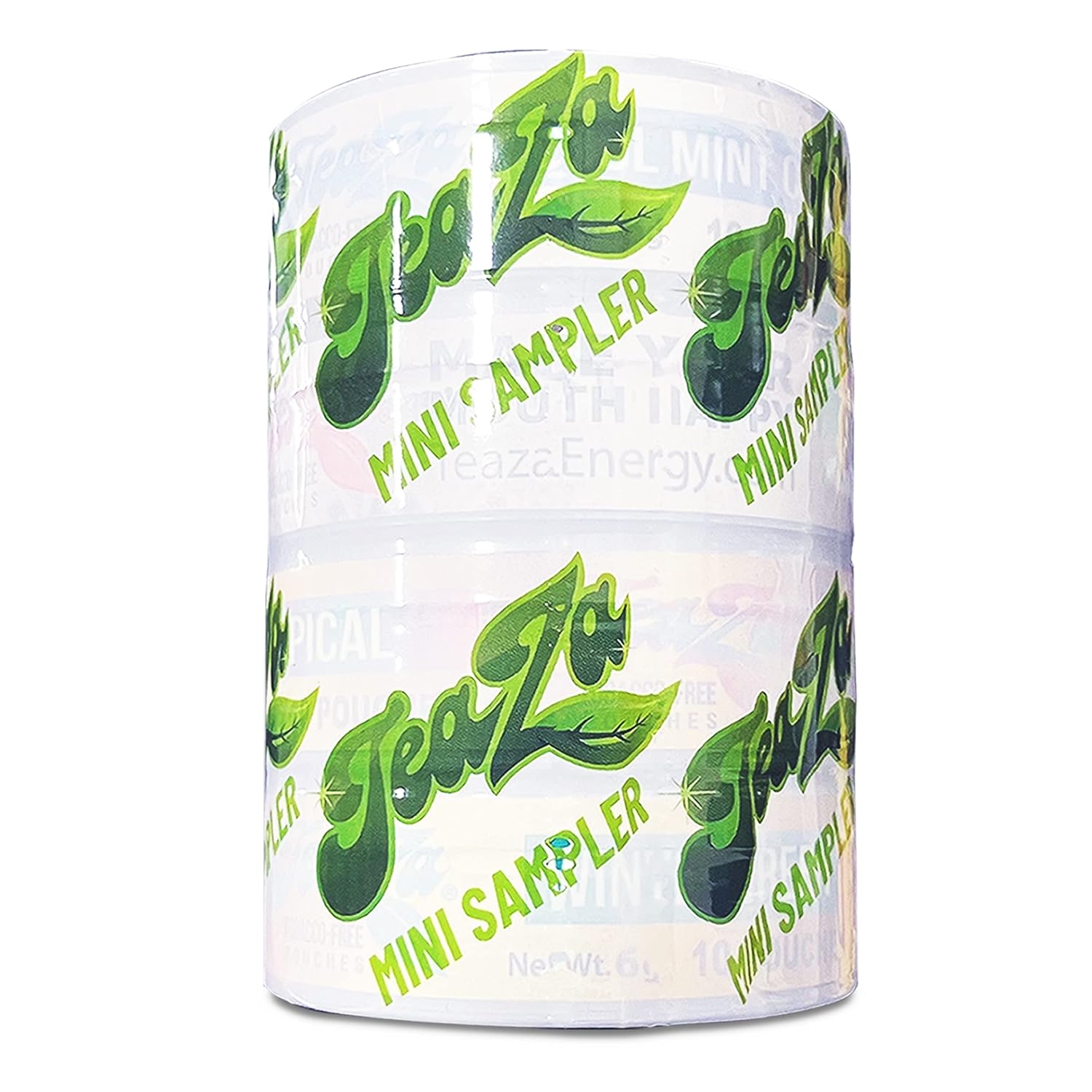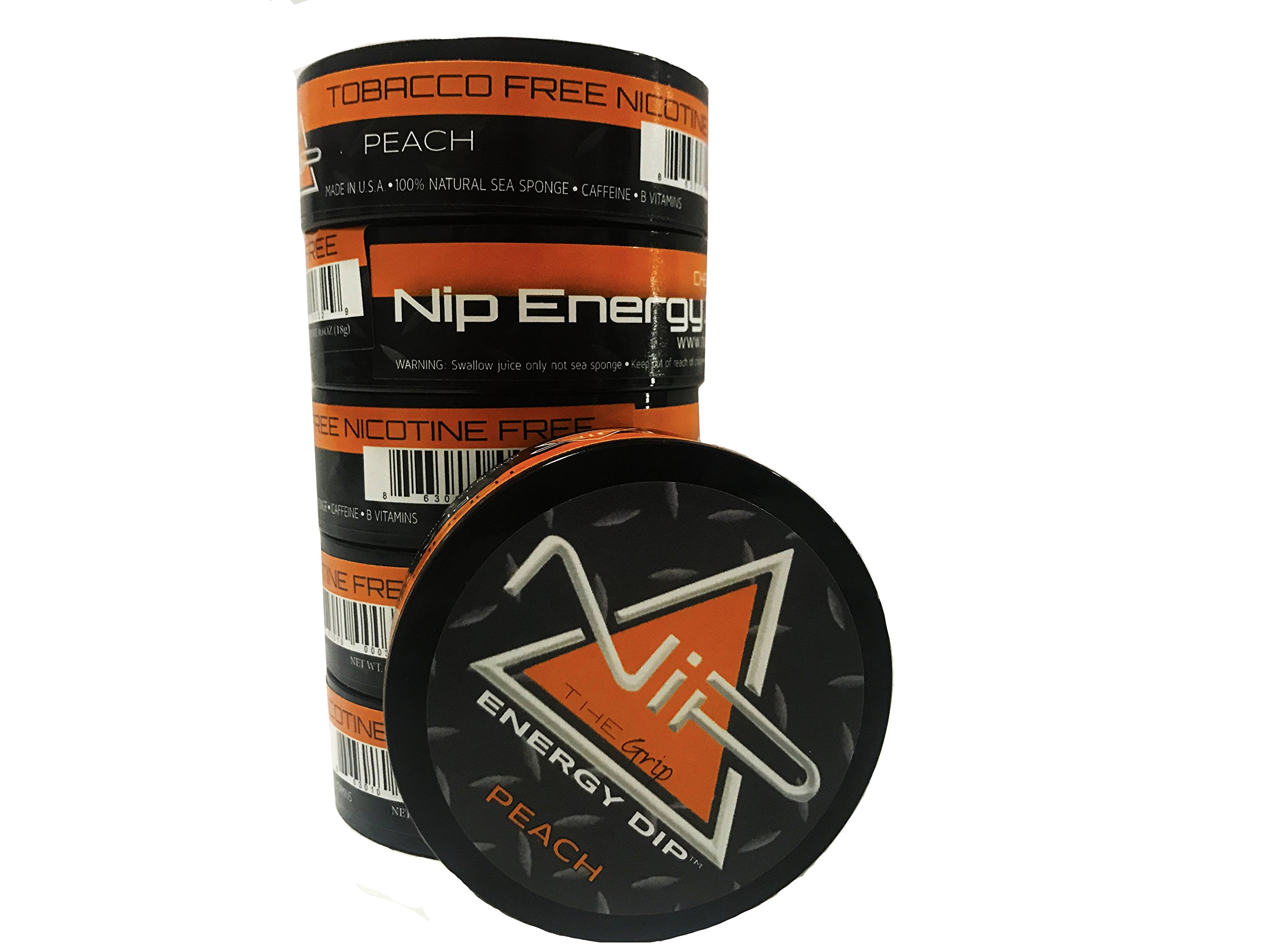In recent years, plant-based diets have surged in popularity, not just among vegans and vegetarians but also among health-conscious individuals looking to incorporate more whole foods into their diets. One area where this shift is particularly evident is in the realm of dips. Traditional creamy dips often rely on dairy or high-fat ingredients, but innovative plant-based alternatives are emerging that not only satisfy cravings but also provide nutritional benefits. This article explores the world of plant-based dips, offering delicious substitutes for creamy classics that are both satisfying and wholesome.
The Rise of Plant-Based Diets
The plant-based food movement has grown exponentially, driven by various factors including health concerns, environmental awareness, and ethical considerations surrounding animal welfare. According to a report from the Plant Based Foods Association, plant-based food sales in the United States grew by 27% in 2020, reaching $7 billion. This trend reflects a growing interest in foods that are not only good for our bodies but also for the planet.
Why Choose Plant-Based Dips?

Transitioning to plant-based dips offers numerous advantages. Here are some compelling reasons to consider these alternatives:
- Health Benefits: Plant-based dips are often lower in saturated fats and cholesterol, making them a heart-healthy option.
- Rich in Nutrients: Many plant-based ingredients like legumes, nuts, and vegetables are packed with vitamins, minerals, and antioxidants.
- Environmental Impact: Plant-based diets have a lower carbon footprint compared to meat and dairy production, contributing to a more sustainable future.
- Dietary Restrictions: Plant-based dips are suitable for various dietary needs, including gluten-free, dairy-free, and vegan diets.
Substituting Creamy Classics with Plant-Based Alternatives
Let’s delve into some popular creamy dips and explore their plant-based substitutes, highlighting how these alternatives can maintain the flavor and texture we love.
1. Hummus: The Chickpea Classic
Hummus is perhaps the most famous plant-based dip, traditionally made from chickpeas, tahini, lemon juice, and garlic. Not only is it creamy and delicious, but it also serves as a versatile base for other flavors. Here are some exciting variations:
- Roasted Red Pepper Hummus: Blend roasted red peppers into the classic hummus recipe for a sweet and smoky twist.
- Avocado Hummus: Adding ripe avocado offers a rich, buttery texture while enhancing the nutritional profile with healthy fats.
- Spicy Sriracha Hummus: For those who enjoy a kick, incorporating Sriracha or other hot sauces can elevate the flavor.
2. Cashew Cream: The Dairy-Free Delight

Cashew cream is a fantastic substitute for sour cream or cream cheese. Made by soaking cashews and blending them until smooth, this dip can be flavored in numerous ways:
- Herbed Cashew Cream: Add fresh herbs like dill or chives for a savory dip perfect for crackers or veggies.
- Cashew Alfredo Dip: Blend cashews with nutritional yeast, garlic, and almond milk for a creamy pasta sauce or dip.
- Sweet Cashew Cream: Blend with maple syrup and vanilla for a dessert dip that pairs beautifully with fruit.
3. Guacamole: The Avocado Classic

Guacamole is a beloved dip that can be enjoyed on its own or as a topping for various dishes. While traditional guacamole primarily consists of mashed avocados, there are many ways to enhance its flavor:
- Spicy Guacamole: Incorporate jalapeños or diced tomatoes for a fresh and spicy kick.
- Fruit-Infused Guacamole: Add diced mango or pomegranate seeds for a sweet contrast to the creamy avocado.
- Herbed Guacamole: Fresh cilantro or lime juice can brighten the flavors and add a refreshing twist.
4. Baba Ganoush: The Smoky Eggplant Dip

Baba ganoush is a Middle Eastern dip made from roasted eggplant, tahini, garlic, and lemon juice. Its smoky flavor and creamy texture make it a fantastic alternative to creamy dips:
- Classic Baba Ganoush: The traditional recipe is delicious on its own, served with pita bread or fresh vegetables.
- Spicy Baba Ganoush: Add harissa or chili flakes for those who enjoy a bit of heat.
- Smoked Paprika Baba Ganoush: Incorporating smoked paprika can enhance the smoky flavor, making it even more aromatic.
Nutritional Benefits of Plant-Based Dips

Beyond their taste, plant-based dips offer various nutritional benefits. Here are some key nutrients commonly found in these dips:
- Fiber: Many plant-based dips, particularly those made from legumes (like hummus), are high in fiber, promoting digestive health.
- Protein: Dips made from beans, lentils, or nuts are excellent sources of plant protein, making them filling and nutritious.
- Healthy Fats: Ingredients like avocados and nuts provide heart-healthy fats essential for overall health.
- Vitamins and Minerals: Many vegetables and herbs used in dips are rich in vitamins A, C, and K, as well as various minerals.
Case Studies: Success Stories of Plant-Based Dips

Several companies have successfully tapped into the plant-based dip market, showcasing the demand for innovative products. For instance:
- Good Foods: This company specializes in plant-based dips, offering a range of products from guacamole to spinach and artichoke dip, which are all made without dairy. Their sales have soared, reflecting the growing consumer interest in plant-based options.
- Hope Foods: Known for its organic hummus, Hope Foods has expanded its line to include unique flavors like Thai chili and beet hummus, catering to adventurous eaters.
- Plant-Based Brands in Grocery Stores: Major grocery chains are increasingly stocking plant-based dips, responding to consumer demand and creating a more diverse selection for shoppers.
Final Thoughts: The Future of Dips is Plant-Based
The shift towards plant-based diets is not just a trend; it represents a fundamental change in how we view food and nutrition. Plant-based dips provide delicious, creamy alternatives to traditional favorites, making it easy to enjoy flavorful snacks without compromising health or ethics. As consumers continue to seek out healthier and more sustainable options, the popularity of these dips is likely to grow.
In summary, whether you’re hosting a party, enjoying a quiet night in, or simply looking for a nutritious snack, plant-based dips offer versatile and tasty substitutes for creamy classics. By embracing these alternatives, you can enhance your meals while contributing to a healthier planet. The next time you’re in the mood for a dip, consider reaching for a plant-based option that not only tastes great but is also good for you!